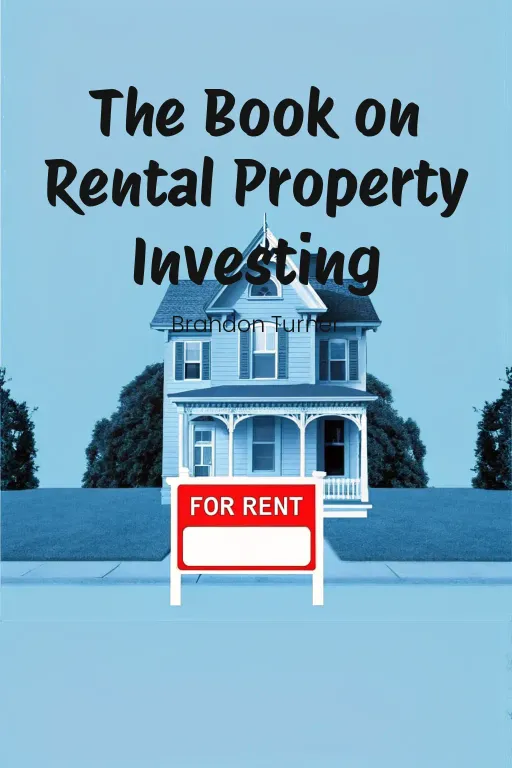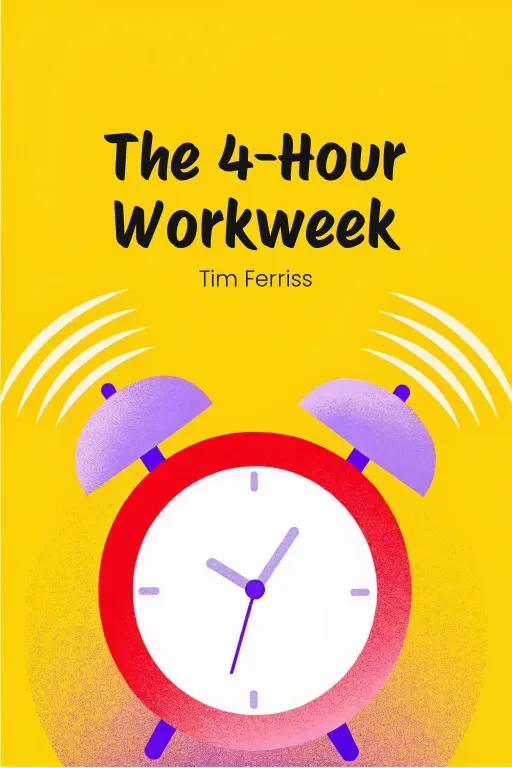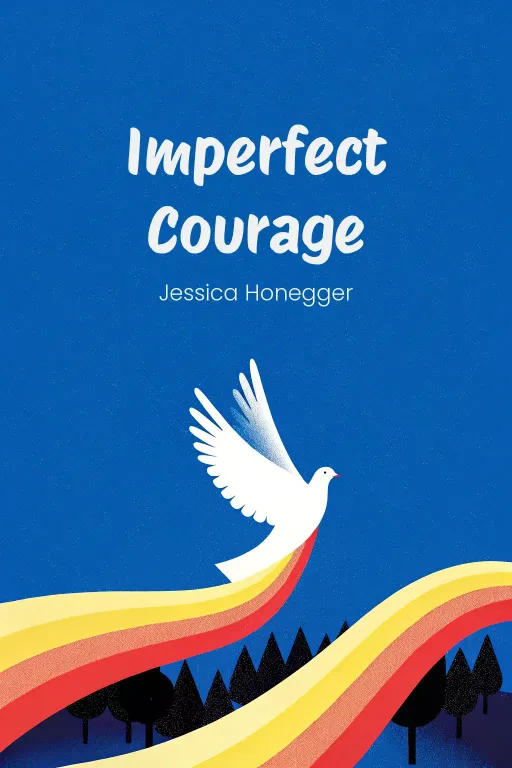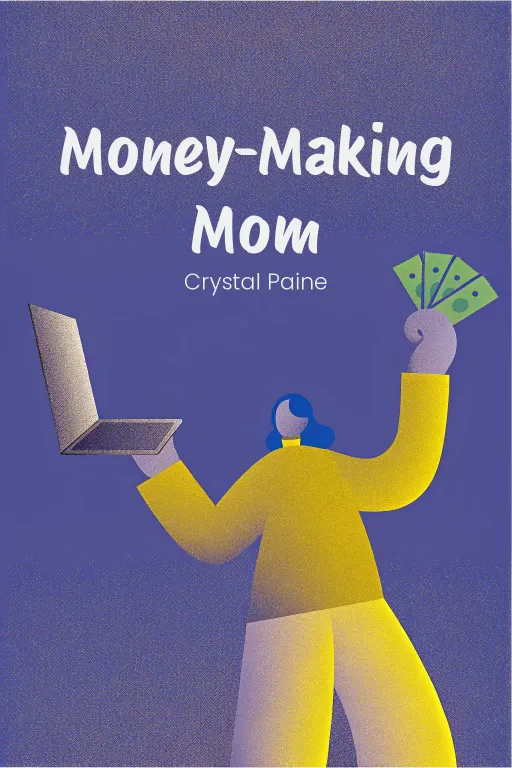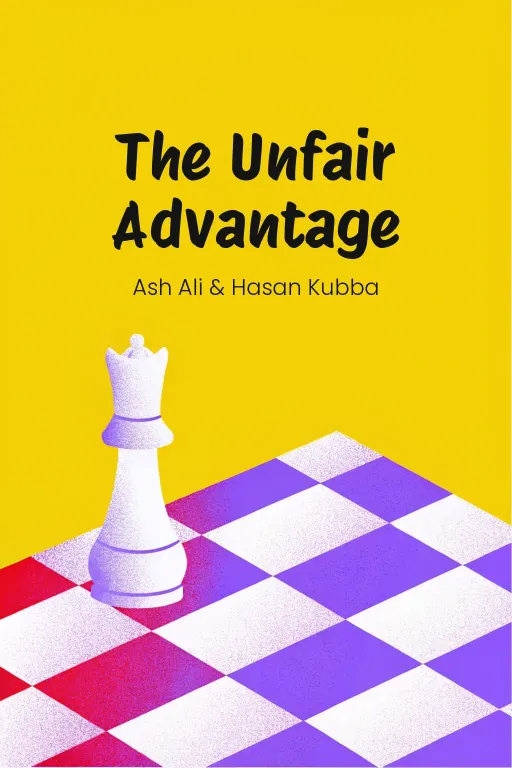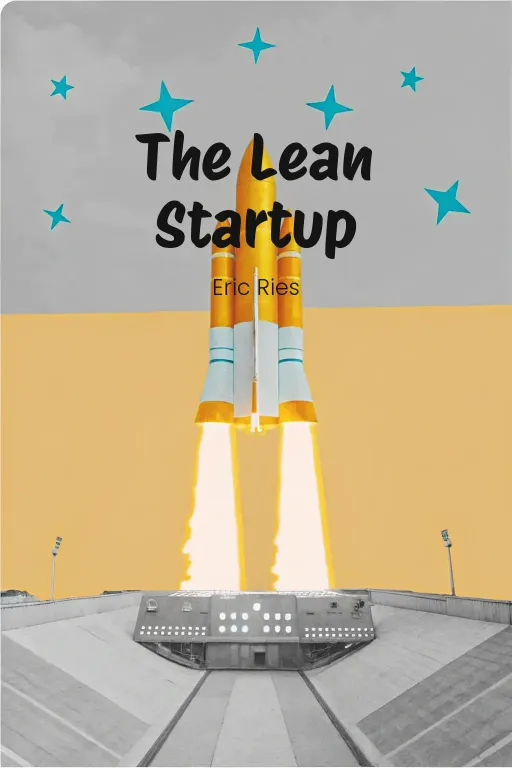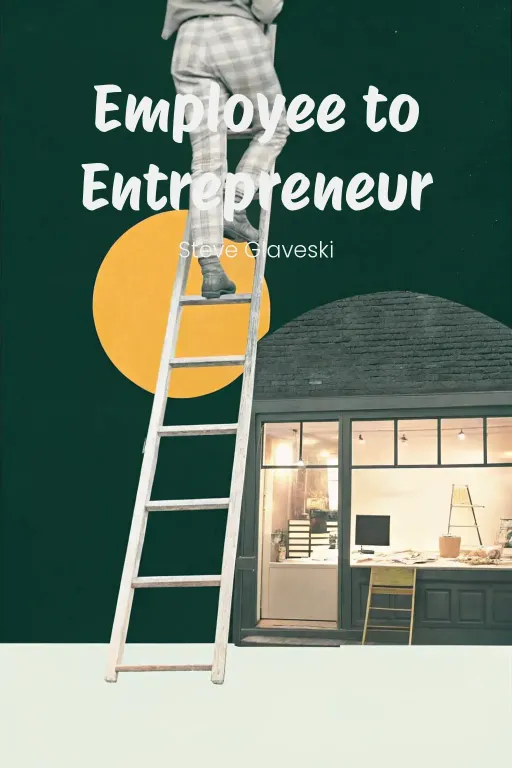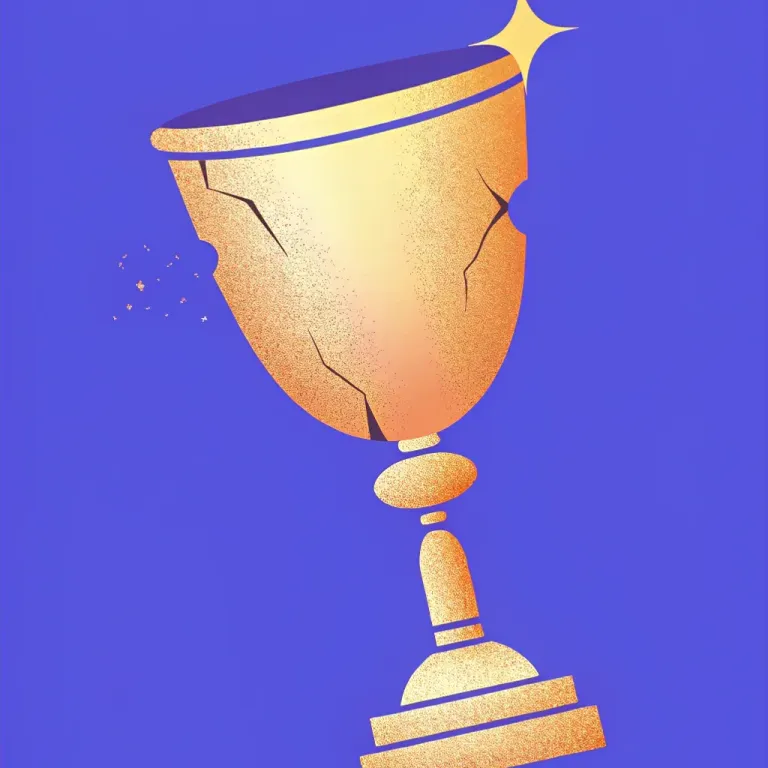
Ignite Courage: Act Despite Your Fear
Podcast by Let's Talk Money with Sophia and Daniel
Live a Life of Purpose by Leaving Comfort and Going Scared
Ignite Courage: Act Despite Your Fear
Part 1
Daniel: Okay, quick question: when's the last time you felt totally scared but did something anyway? Maybe it was speaking up in a meeting, finally starting that project, or even just being vulnerable with someone you care about. What we're talking about today is the idea that courage isn’t about not being afraid, it’s about being willing to act even if you are. Sophia: Right. And let's face it, most of us aren't exactly waking up feeling like superheroes, ready to take on the world. Some days, just surviving rush hour feels like a victory. So, Daniel, I'm wondering, how does a regular person, you know, like you and me, turn that everyday fear into something… well, extraordinary? Daniel: That's what Jessica Honegger explores in her book, Imperfect Courage. It’s a great mix of personal stories and practical lessons. Jessica's journey from a burned-out real estate agent to founding Noonday Collection – that global fair-trade brand – it's not just inspiring, it's a real wake-up call. Especially for women, it encourages us to embrace vulnerability, to really lean on our communities, and use our voices to make a difference. Sophia: Yeah, and Jessica doesn't gloss over the tough parts, like dealing with fear, self-doubt, and all those expectations society throws at us. I admire her honesty about the risks she took – like, she literally pawned her jewelry to get the company off the ground! But even more than that, she pushes us to think bigger, to include others, especially the voices that often get ignored. Daniel: Exactly! So, today, we’re diving into three big ideas from the book. One, how embracing vulnerability – even when it’s messy – fuels personal growth. Two, the incredible power of community and collaboration. And three, how we can realistically contribute to making change in the world. Think of this conversation as a little spark, you know? A small bit of courage that, together with others, could “really” grow into something bigger. Sophia: Okay, I like the spark idea. But here’s my question: who gets to start this fire? Does everyone have a match, or is this courage thing some kind of privilege that only certain people can afford? Let's dig a little deeper here, Daniel, because I definitely have some thoughts on this. Daniel: I was hoping you would, Sophia! So, let’s get right to it – what does courage really look like when it’s messy, imperfect, and rooted in real life? Let's explore Imperfect Courage together.
Embracing Imperfect Courage
Part 2
Daniel: Okay, let's dive into Jessica Honegger's concept of courage. She doesn't see it as fearlessness, but as acting “despite” your fear. That's a pretty powerful shift, right? We live in a world that seems to value confidence above all else, as if courageous people never feel fear. Sophia: Exactly! It's like the common thought is: "If you're scared, you can't possibly be brave." But Honegger totally flips that around, making fear a key ingredient. And, you know, that's where her personal story really grabs you. Pawning family jewelry to start a business? That's such a high-stakes moment. You really feel the emotional and financial pressure. Daniel: Right! And it's more than just about the money. It's symbolic – letting go of the past to step into the unknown. She's not sure she'll succeed, but she's brave enough to take that next step. That’s imperfect courage in a nutshell. Sophia: Still, you know, even symbolically, pawning family heirlooms isn't something everyone can relate to. I started wondering, is this kind of courage accessible to everyone? Because not all of us have assets we can leverage when we're desperate or have a dream. Daniel: That's a fair point. But I think Honegger's point is bigger than just the jewelry. It's about dealing with the fear of letting go, whatever that looks like for you. Maybe it's leaving a job that's safe but unfulfilling, or sharing an idea even though it feels risky. It's about taking that step forward, no matter how small, when staying put feels easier. Sophia: Okay, I get that. But here's another thing. Remember her first trunk show? She was full of doubt, worried about failing. What if nobody showed up? What if she embarrassed herself? We all have those fears, right? But in her case, it worked out. Not everyone gets that kind of validation when they step outside their comfort zone. Daniel: True, the show was a success, which gave her momentum. But what “really” struck me was how she didn't let the fear of failure stop her from trying. The trunk show wasn't just about selling jewelry, it was about inviting her community to support her. She says courage is contagious and vulnerability creates connection. That's a powerful message. It shows us that facing our fears can inspire others to do the same. Sophia: Yeah, but let's talk about reframing fear as an ally. Honestly, that felt a bit abstract to me at first. She says fear is natural, even helpful, because it means something important is at stake. Do you buy that, Daniel? Or is it sugarcoating how fear can “really” paralyze people? Daniel: I think it’s more about taking power away from fear. Instead of seeing it as an obstacle, you see it as a sign – a reminder that you're about to do something meaningful. For Honegger, it was about practicing courage consistently in small ways. That's how she built resilience over time. Sophia: I like the idea of breaking courage down into smaller steps. But let's zoom out. Jalia's story in Uganda, for me, was a highlight. It “really” broadens the idea of courage beyond just personal growth. What struck me was this idea of mutual bravery. Honegger faced her fears to launch Noonday, which then created opportunities for artisans like Jalia and Daniel to shape their own futures. Daniel: Exactly! And Jalia's story is such a beautiful example of how courage thrives in community. When Honegger met Jalia, she and her husband were struggling to make ends meet. But through Noonday, they not only created stability for their family but also began employing others in their community. One person's courage inspires another's, and that has a profound ripple effect. Sophia: It's like courage becomes a bridge, connecting people and creating opportunities where they didn't exist before. But it does make you think about sustainability. How do you make sure this kind of social entrepreneurship leads to long-term change, not just a quick fix? Daniel: Good point. I think Honegger would agree that it takes more than individual courage to change the system. Noonday isn't the only solution, but it helps artisans become change-makers themselves. By building relationships based on respect and shared goals, it creates a framework that can last. Sophia: Okay, I agree, the focus on connection is powerful. But here's what I keep coming back to: Courage, as inspiring as it is, can still feel like a privilege. For some, the stakes of taking a risk are so high, it’s not fear they’re managing—it’s survival. Daniel: That’s an important distinction, Sophia. While it’s not the book’s central focus, I think Honegger understands those systemic barriers. Courage looks different depending on the resources and support you have access to. But her emphasis on community reminds us that we don't have to do it alone. It’s about building networks so more people feel supported to take those leaps. Sophia: So, maybe courage, if we're doing it right, isn't just personal, but structural. It's about widening the circle, offering those "matches" you mentioned earlier to people who might not have them to begin with. Daniel: Exactly. And that’s why these stories, like the ones Honegger shares, are so important. They spark inspiration – proving that imperfection doesn’t stop you from making an impact. It’s part of the process.
The Power of Community
Part 3
Daniel: So, building on that foundation of courage, we naturally move into the importance of community in really sustaining and amplifying those individual efforts. You know, that’s where Honegger’s work really shines—her core message is that courage doesn't exist in isolation. It really thrives through connection. It's the power of community that turns those initial, maybe shaky steps into something truly impactful and far-reaching. Sophia: Right. So this builds on our last topic, showing how our individual courage isn't just helped by community—it actually depends on it to grow. I find this dynamic really fascinating, actually, because it takes the conversation from personal bravery and makes it something collective. But let’s be real—it’s a great idea, but how do you actually create those spaces where courage multiplies instead of, you know, just fizzling out? Daniel: Well, Honegger stresses that vulnerability is the first step towards building meaningful connections. The book is full of stories, but Norbert's—a survivor of the Rwandan genocide—really stood out to me. Can you imagine holding all that pain inside, not knowing how to share it, or even if anyone could understand it? Sophia: I can't. With Norbert’s story, the stakes are almost unbearable. His reluctance to open up totally makes sense. I mean, where do you even start after surviving something so horrific? And yet, when he finally shares his story with Jessica and her husband, it’s like the floodgates open—not in some crazy, dramatic way, but in this quiet moment of genuine connection. Daniel: Exactly! That conversation wasn’t just healing for Norbert—it was transformative for everyone involved. By sharing his grief and his resilience, Norbert built a bridge to others. He really underscored what Honegger teaches—that vulnerability is where connection begins. It’s like the glue that binds people in mutual understanding and empathy. Sophia: Vulnerability as glue—I like that. But it’s risky, right? You're trusting people when you show them your soul. And not everyone will handle that well. What stood out to me in Norbert's story is how it highlights the back-and-forth in these relationships. It wasn't just him unburdening himself—Jessica and her husband were also dealing with their own fears, especially regarding their adoption journey with Jack. Daniel: Absolutely, and that's exactly what vulnerability does—it levels the playing field. It reminds us that everyone has fears, doubts, and struggles. That shared openness becomes the very basis for what Honegger calls "compassionate spaces," where anyone can show up, be seen, and be supported. And that's where the magic happens—when community becomes a place of healing and empowerment. Sophia: Speaking of compassionate spaces, let's talk about Mindy’s story—she was a Noonday ambassador who turned what could have been a really defeating event into one of solidarity and triumph. That story, the one of the empty trunk show, is such a great example of what community can do when it shifts into action. Daniel: Definitely. You had this teenage girl trying to raise funds for a trip to Haiti, and nobody from her, you know, immediate circle showed up. It's, honestly, heartbreaking to think about how alone she must have felt. But instead of letting it break her, Mindy galvanized the Noonday network. Women who didn't even know her personally, they rallied together to place orders, turning what seemed hopeless into $6,000 raised. Sophia: Wow, that's quite a turnaround. It's a great story, but... why did those women step up like that? Was it pure altruism, or was there something more to it? Daniel: I think it's a bit of both, you know? Stories like that really show the power of what Honegger calls "The Sisterhood Effect." It's not just about doing good—it's consciously choosing collaboration over competition. Rather than comparison breeding insecurity or, you know, jealousy, these women chose to elevate each other. They created a space where everyone's success was seen as a collective win. Sophia: Okay, but let's really dig into that phrase—“The Sisterhood Effect.” It sounds great, but like, could it risk becoming... performative? Like, does celebrating each other's successes actually translate into real, systemic changes, or is it just, you know, a fleeting feel-good moment? Daniel: That’s a fair point, Sophia. Honestly, the strength of this community isn't just in its emotional solidarity—it’s about its real impact. These women didn’t just post encouraging messages or cheer from the sidelines; they took real action and supported that girl, both financially and emotionally. It’s a reminder that sometimes systemic change starts with smaller, very personal acts of support. Sophia: True—okay, now let’s look at Wideleine’s journey. Her story elevates this idea of collaborative support even further. It’s not just about like, a single network of ambassadors or supporters—it’s about empowering someone to take control of their own life and rewrite a story that once seemed set in stone. Daniel: Wideleine’s journey is really extraordinary. Her decision to offer her daughter up for adoption because of her circumstances in Haiti is heart-wrenching. But what’s even more compelling is how she turned her own story around. Through her work as an artisan with Noonday’s jewelry cooperative, she transformed her economic reality—becoming a landowner who could support her family and reclaim her independence. Sophia: It really doesn’t stop there. The continued connection with her daughter’s adoptive family—that’s collaboration on a whole new level. Ginny, the adoptive mother, didn’t shut the door on that relationship. Instead, they actually built a bridge—exchanging letters, updates, and maintaining mutual respect and love. It’s a reminder of how empathy and openness can really change things. Daniel: Exactly, and that’s the point Honegger is making—when we prioritize collaboration and compassion, the impact is huge. These relationships are more than, you know, just fleeting partnerships; they’re sustained efforts that change systems and lives over time. Sophia: So, Daniel, here’s a question. Like, if collaboration really multiplies impact and "compassionate spaces" have these benefits, why isn’t this model more widespread? Why aren’t we seeing these kinds of community-focused success stories everywhere? Daniel: I think it really comes down to intentionality. These spaces don’t just appear—they're actually created by people who consciously choose to listen, to empathize, and to act. Honegger talks about real tools for cultivating these spaces: sharing vulnerably, encouraging empathetic action, rejecting competition, and really committing to genuine collaboration. It’s about making those values part of our daily lives, not just occasional gestures. Sophia: So the takeaway is pretty clear—individual acts of courage might kick things off, but it’s the collective effort, the community, that carries it forward. And at the core of that is connection: being willing to step into someone else’s story and ultimately help them rewrite it. Daniel: Exactly, Sophia. Honegger reminds us that creating those connections doesn’t require big gestures. It starts with small, intentional moments of empathy that, when multiplied, can lead to something transformative—both for individuals and the communities they touch.
Action for Global Impact
Part 4
Daniel: So, with a strong community backing you, it’s much easier to actually “do” something about global issues. That's the key point Honegger drives home. Instead of just focusing on personal growth, she looks at how we can change the bigger picture. Basically, courage plus community equals real change in the world. Sophia: Right, "Action for Global Impact." This part feels… ambitious, Daniel. It's asking us to think beyond our own little worlds and see how our choices can make a difference. But let’s be real, this "global impact" talk can feel a bit… vague, you know? Like those inspiring quotes you see online—empowering, sure, but where do you even begin? Honestly. Daniel: Absolutely, "global impact" can sound huge and impossible. But Honegger breaks it down into manageable steps. She focuses on five key areas: My Power, My Pocketbook, My Priorities, My Proximity, and My Perspective. It’s a way of looking at how our personal resources—our influence, how we spend money, who we interact with—can actually support bigger social goals. Sophia: Okay, I’m listening. “My Power” is first, right? Walk me through that. Daniel: "My Power" is about understanding how much influence you have. Honegger tells the story of Jalia and Daniel, a couple from Uganda. Their lives were transformed when they partnered with Noonday Collection. When Jessica met them, they were really struggling. But through Noonday, they not only became financially stable but also grew their business and created jobs for others in their community. Sophia: So, by supporting Jalia and Daniel, Jessica didn’t just give them a handout, she sparked a whole chain reaction of opportunities. That's powerful. But hold on a second. How do we make sure this isn’t just another case of corporate “saviorism”? Is there a risk of overlooking the bigger, systemic issues by focusing too much on individual success stories? Daniel: That's a valid point, Sophia. Honegger stresses the difference between charity, which can create dependency, and sustainability, which empowers people. By working with artisans like Jalia, the focus shifts from just giving aid to creating opportunities for dignified work. It’s not a perfect fix for systemic inequality—and Honegger doesn't claim it is—but it’s a crucial first step, wouldn’t you agree? Sophia: Fair enough. And I appreciate that she makes us think about how we use our own influence. So, moving on to "My Pocketbook." Pretty straightforward, right? Spend consciously, align your money with your values. Daniel: Exactly! Honegger wants us to see our spending as a tool for change. When we choose products from ethical brands or fair-trade sources—like Noonday—our money directly supports artisans and contributes to economic sustainability in these communities. It’s about making our consumption mean something. Sophia: Yeah, but… hasn’t "ethical shopping" become a bit of a trend, though? It’s cool to buy fair trade, but does it really make a difference on a large scale? Do we have the data to back up the long-term impact on global poverty? Daniel: You’re right, we need to find a balance between real action and just looking good. But the research is encouraging. Studies suggest that fair-trade models, when done right, can increase income stability and autonomy. It’s not the whole solution, but it's part of a bigger picture. And even on a personal level, conscious spending can challenge the exploitative practices in those global supply chains. Sophia: Okay, I’ll buy that it's a step in the right direction. But let's talk about "My Proximity," because that one really got to me. It’s not just about money or influence—it’s about getting close to other people’s pain. That’s a tough ask, Daniel. Daniel: It is, but that’s what makes it so powerful. Honegger shares her experience with Mama Sham, an artisan in Uganda who needed urgent medical care. Around the same time, Honegger's son, Holden, had a serious health issue, but he got the best care possible. For Honegger, the contrast between her privilege and Mama Sham’s lack of resources was impossible to ignore. Being close to that struggle made her act, and she raised money to help Mama Sham get the surgery she needed. Sophia: Yeah, that really hits home. It’s one thing to know inequality exists, but it’s another thing to see it so clearly. But here’s the thing: what if people don’t want to get that close? It can be uncomfortable, vulnerable… not everyone’s ready for that. Daniel: True, and Honegger gets that. Changing your proximity—whether it’s engaging with marginalized communities or building relationships across divides—takes effort. But when you do it with humility and empathy, it breaks down barriers, builds understanding, and turns awareness into action. Sophia: Which leads us to the bigger picture: using entrepreneurship as a way to drive change, right? I think Latifa’s story really exemplifies that. She escaped abuse, found stability through a jewelry collective, and then started her own business—that's true empowerment. Daniel: Exactly. Latifa’s story shows what happens when people are given the tools to thrive, not just survive. Honegger emphasizes that philanthropy should be about fostering independence, not just giving temporary aid. Entrepreneurship provides not only income but also agency, the power to shape their own lives and communities. Sophia: That's so crucial. Empowerment over handouts—simple, but revolutionary. But, Daniel, here's my final thought: Honegger is sometimes abstract, how do we, as "normal" people, really put these ideas into practice? Daniel: Well, she breaks it down into manageable steps: align your spending with your values, use your voice to advocate for inclusion, get closer to inequality, and choose collaboration over competition. No single action will solve everything, but together, these steps can start real change. Sophia: Okay, so to recap: courage isn’t just about facing fear, it’s about turning our actions into something bigger through community, collaboration, and intention. It’s not perfect, and it’s definitely not easy, but it’s a start, right? Daniel: Exactly, Sophia. Small acts of courage, combined with the efforts of others, can really spark systemic change. The ripple effects are real—and they remind us that global impact isn’t about being perfect. It’s about being willing to act, and to act together.
Conclusion
Part 5
Daniel: Alright, so to bring our conversation to a close, we've really dug into Jessica Honegger's idea of courage, haven't we? It's not about being fearless. It’s about taking those imperfect, vulnerable steps forward, even when it's scary. And from her own story of, you know, pawning family heirlooms to help get things started, to the amazing stories of artisans like Jalia and Wideleine, we’ve seen how one person's courage can really create a ripple effect, changing lives and communities in a big way. Sophia: Exactly. And it's interesting how we also talked about how courage isn’t a solo act, right? Honegger emphasizes this a lot - that, community and collaboration are key. That connection is ultimately what turns individual bravery into, a real collective impact. Whether that’s through something like “The Sisterhood Effect” or simply by creating spaces where people feel seen and supported... it's powerful stuff. Daniel: Absolutely. And then we touched on turning that courage into tangible action. You know, how we can all contribute to global change through intentional choices… like being mindful of where we spend our money, actively seeking out perspectives different from our own, and using whatever influence we have, big or small, to make a difference. I think everyone can agree with that. Sophia: Okay, so here's a thought to chew on: what’s one small, maybe even slightly awkward step you can take today? Towards building connection, showing courage, or sparking collaboration in your own life? Because, if Honegger’s story tells us anything, it's that real change doesn't start with being perfect. It starts with simply being willing to show up and try, even when it gets messy, right? Daniel: Precisely! Courage might not always come easily, but when it's shared, it becomes something truly transformative. So, let's all take that first step, together.

